Loading... Please wait...
Motivators
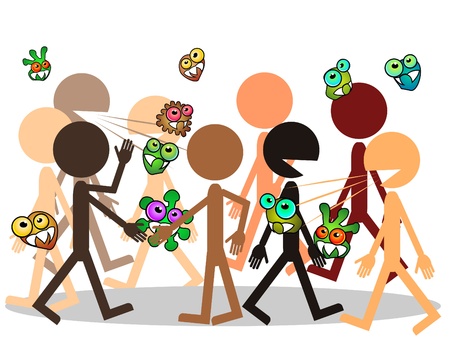

Suppose we have a product of some kind: website, app, physical item, service,
or just about anything that has some value for others.
Any product has to be marketed to the customers.
There are many ways of marketing a product, but the best way is by referrals,
which happens when existing customers tell their friends about the product
(and, ideally, even try to convince them to use the product), or in other words share it.
If only enough customers would share our product, we wouldn't need any other marketing - no paying for ads, no running door-to-door or calling people...
Yes, that would be a dream come true. Alas, only a small percentage of customers share any given product (this percentage is called a "sharing rate").
The good new is that it is possible to control this sharing rate and increase it. It doesn't work for every product, and it's not easy, but it's possible.
The key to increasing the sharing rate is to understand WHY would a customer WANT to share the product. The answer depends on the product, the story behind the product, and the customer type, but there are plenty of well-established "motivators" - reasons for sharing products.
The following list should contain all such motivators (not counting illegal or unethical ones, of course):
- Ability to use
- Added pleasure
- Added safety and comfort
- Added practical value
- Cost distribution
- Network effect
- Bragging about achievement
- Bragging about stuff
- Revealing insiders info
- Following the herd
- Fear of shaming (or shame)
- Being an altruist
- Promoting a cause
- Helping the product makers
- Gifts
- Fun and entertainment
- Wow emotion
- "Aww" emotion
- Feeling inspired
- Feeling proud
- Feeling nostalgic
- Being (aesthetically) pleased
- Venting frustration
- Gloating
- Feeling sad
- Parasitic sharing with recipients
- Parasitic sharing with bystanders
- Breaking artificial barrier
- Getting goodies in return
2. Added pleasure:
You can use the product by yourself, but it's so much more pleasant to use it with someone else.

Examples:
 movie theaters
movie theaters chess, cards, and other optionally multi-player games
chess, cards, and other optionally multi-player games
Pros:
- Powerful motivator
- can be applied to a wide variety of products
Cons:
- May require much creative thinking and implementation effort
Click here if this motivator applies to your product

Go to top
3. Added safety and comfort:
You invite friends to use the product together, because it feels safer than doing it alone. Applies to products, which take users outside of their comfort zone or are genuinely unsafe for solo use.

Examples:
 Pokemon Go, networking conferences
Pokemon Go, networking conferences
Pros:
- Powerful motivator
- Doesn't require much implementation
Cons:
- Suitable only for certain kinds of products
Click here if this motivator applies to your product

Go to top
4. Added practical value:
You get more direct value from the product if you use it with someone else. For best results, that someone else should also get some value from the fact that you shared the product.
Examples:
- airlines (sharing itinerary with family/friends, so they know when you're coming)
Pros:
- Powerful motivator
- can be applied to a wide variety of products
Cons:
- May require much creative thinking and implementation effort
- may feel a bit selfish, decreasing sharing rate
Click here if this motivator applies to your product

Go to top
5. Cost distribution:
The product becomes cheaper if you use it together with someone else (or, better yet, a group).
Examples:
- Group tours, charter flights, cruises, rental cars, multi-guest hotel rooms
Pros:
- Doesn't require much implementation
- Can be applied to almost any product, although in most cases feels forced
Cons:
- Often feels selfish, makes people hesitate to share
Click here if this motivator applies to your product

Go to top
6. Network effect:
The product becomes more useful (valuable to the user) as more and more people use it, but this added value is usually very small and difficult to feel directly or immediately, which makes this motivator less effective than the previous ones.

Examples:
 Facebook (and other social networks)
Facebook (and other social networks) Ancestry.com (the more people use it, the more results you get)
Ancestry.com (the more people use it, the more results you get)
Pros:
- Doesn't require much implementation
Cons:
- Suitable only for certain kinds of products
- not very powerful
Click here if this motivator applies to your product

Go to top
7. Bragging about achievement:
We love telling others about something we achieved, like winning a contest, breaking a record, performing a challenging task, and so on. If a product allows you to make such an achievment and you actually do it, then, at that precise moment, you are very likely to share your accomplishment, and, thereby, the product as well.

Pros:
- Powerful motivator
- can be applied to a wide variety of products
Cons:
- Some people (though not many) think sharing achievements shows a lack of modesty
Click here if this motivator applies to your product

Go to top
8. Bragging about stuff:
Similar to the previous motivator, except that here the main "achievement" is the ability to buy something fancy, high-end, or markedly rare. Come on, be honest, if you own something cool, don't you feel a desire to boast about it, to show it off? No? Hmm, good for you, I guess...

Examples:
 Apple (I swear, I saw a guy boasting about his new iPhone by taking a picture of it with his old iPhone and posting it to Facebook)
Apple (I swear, I saw a guy boasting about his new iPhone by taking a picture of it with his old iPhone and posting it to Facebook)- Porsche and other fancy cars
- jewelry
Pros:
- Doesn't require much implementation (for a suitable product, at least)
Cons:
- Applies mostly to exceptional products (although exceptionality is often a matter of branding)
- Many people see such sharing as pure vanity
Click here if this motivator applies to your product

Go to top
9. Revealing insiders info:
We love sharing information, especially something that few people know about, because it makes us look (and feel) smarter, and who doesn't want that.

Examples:
- Kryivka - a secret, hidden restaurant in Ukraine, which you can find only if instructed by someone who's been there (yes, it works, that's how I found it)
Pros:
- Can be applied to a wide variety of products (surely, insider info can be found for most products)
Cons:
- Requires a great deal of creative effort to craft the info (perhaps even on a regular basis)
Click here if this motivator applies to your product

Go to top
10. Following the herd:
We are highly social creatures and thus often succumb to peer pressure (this is also unflatteringly termed "herd behavior"), sometimes even without a good reason. One time I took a wrong turn on an intersection, because all the cars in front of me just happened to take that turn. I didn't even think, I just followed them. Took me 10 minutes to circle back to the highway. So yes, it happens.
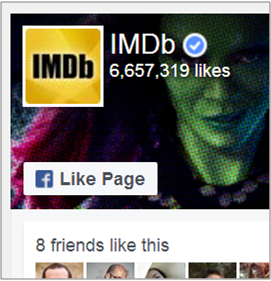
Examples:
- IMDB or any site with a large share/like counter (note that "likes" work as "shares" on Facebook)
Pros:
- Easy to implement (sharing counters are provided by many frameworks)
Cons:
- Relatively easy to resist the sharing temptation. This motivator should augment others rather than being a primary one
Click here if this motivator applies to your product

Go to top
11. Fear of shaming (or shame):
A much more powerful (and a bit controversial) form of peer pressure (see above). You share the product not because you want to, but because you fear what people (including yourself) might think of you if you don't. This should be used only on products or campaigns with a noble goal, otherwise the product is likely to be severely criticized. That being said, some soft and subtle forms of shaming can work, however weakly, on a much wider variety of products. Look at the picture above, for example. It's probably the cleverest subtle shaming message I've ever seen. You may not even realize you are being shamed into liking that cafe online. But you do.

Examples:
 Ice Bucket Challenge
Ice Bucket Challenge
Pros:
- Very powerful, although only for very specific products
- easy to implement
Cons:
- Controversial even for noblest causes (even IBC received some bad press)
Click here if this motivator applies to your product

Go to top
12. Being an altruist:
Who doesn't like to help others, to alleviate their pain? A few sociopaths here and there, maybe. If someone describes a personal problem and you know of a product that solves this problem, won't you at least tell them about this product? Of course you will.
Pros:
- Should apply to any product (if a product doesn't solve any problem or pain, then what's the point?)
Cons:
- Not very effective, since we usually help people only when explicitly asked. Should augment other motivators rather than being the primary one
Click here if this motivator applies to your product

Go to top
13. Promoting a cause:
Similar to the previous motivator, but you share the product not because it helps people directly, but rather because this promotes a cause (social, ideological, political, etc.) that is important to you, and you believe that promoting this cause will help many people in the long run.
Examples:
 Ice Bucket Challenge
Ice Bucket Challenge
Pros:
- Can be applied to a wide variety of products, e.g. by participating in charitable campaigns
Cons:
- Not very effective - many people hesitate to expose polarizing positions like that (even environment is a partisan issue these days...)
Click here if this motivator applies to your product

Go to top
14. Helping the product makers:
Similar to the previous motivator (or, in a way, to social pressure), except that here it's not about the product itself or the cause behind it. No, here it's personal. Suppose your close friend asks you to like or share her new business page on Facebook. Wouldn't you do it simply as a personal favor, even if you don't care about the page itself? No?! Wait, you'd rather strain a friendship because you don't want to push one stupid button? You're joking.

Pros:
- Applies to any product
- Very easy to implement (just ask)
Cons:
- Limited effectiveness - only a small subset of people will be compelled to share (though not necessarily just close friends)
Click here if this motivator applies to your product

Go to top
15. Gifts:
This might be more of a combination of other motivators (altruism and social pressure, perhaps) than a separate motivator, but it does deserve a separate entry. Suppose you get you little nephew a "Star Wars: The Force Awakens" DVD for birthday, because you simply couldn't think of anything better. Well, you just shared a product. Perhaps your nephew will get hooked and buy a lot of SW toys later on.

Examples:
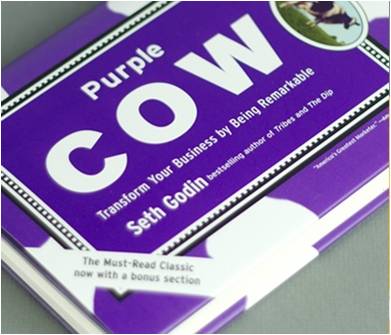 Seth Godin's "Purple Cow"
Seth Godin's "Purple Cow"
Pros:
- Relatively easy to implement (e.g. add a convincing message suggesting to get another product as a present)
Cons:
- Low yield sharing, because you only share it with a few people at best
Click here if this motivator applies to your product

Go to top
16. Fun and entertainment:
The product, or something about it, is so hillarious that you simply must share it (or at least like it, which is a form of sharing too, at least on Facebook). Broadly speaking, any strong and "active" emotion motivates us to share things. Any form of entertainment can also do the trick, but for best results the product should be funny as hell.

Pros:
- Can be applied to almost any product (see examples if you don't believe that)
Cons:
- Requires a significant creative effort
- humor is subjective and may cause backlash if not used carefully
Click here if this motivator applies to your product

Go to top
17. Wow emotion:
The product, or something about it, is so cool or amazing that you simply must share it (or at least like it, which is a form of sharing too, at least on Facebook). As said above, any strong and "active" emotion motivates us to share things.

Click here if this motivator applies to your product

Go to top
18. "Aww" emotion:
The product, or something about it, generates an "aww" feeling. Not as powerful as fun or awe (see above), but still, not to be dismissed. It's no accident that Facebook added the "aww" emotion to its "reactions".
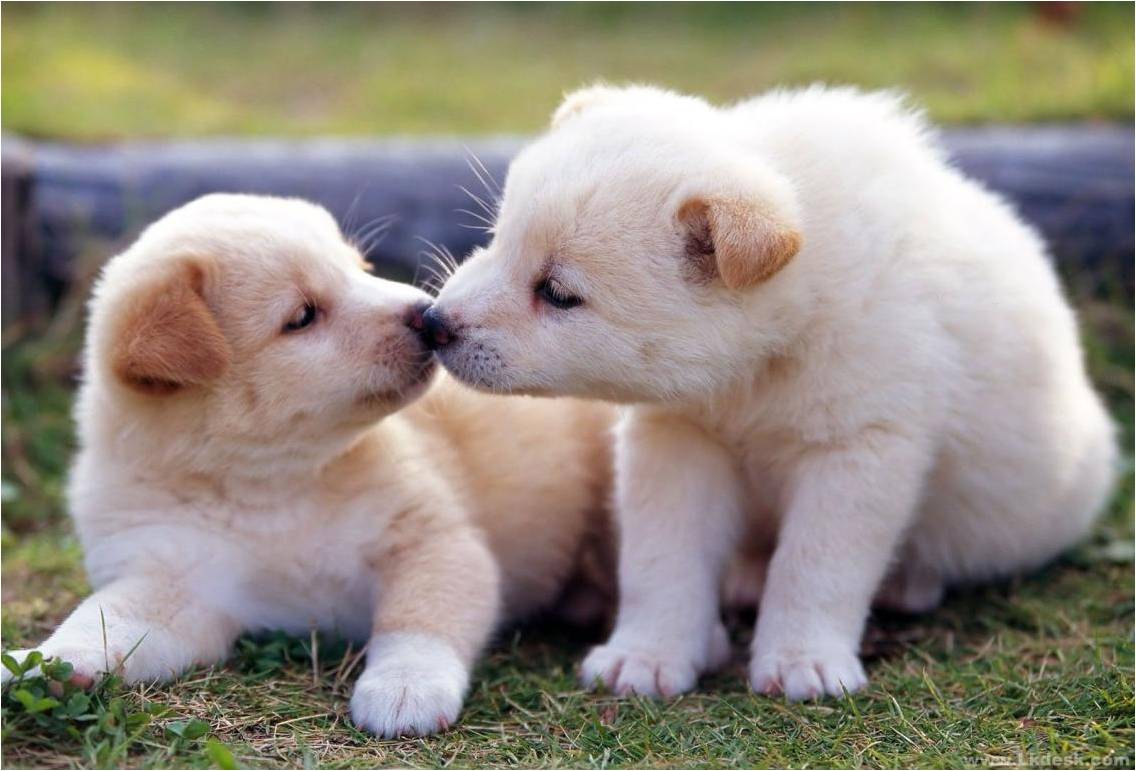
Click here if this motivator applies to your product

Go to top
19. Feeling inspired:
The product, or something about it, generates an uplifting feeling that makes you want to do something (starting with sharing the product).
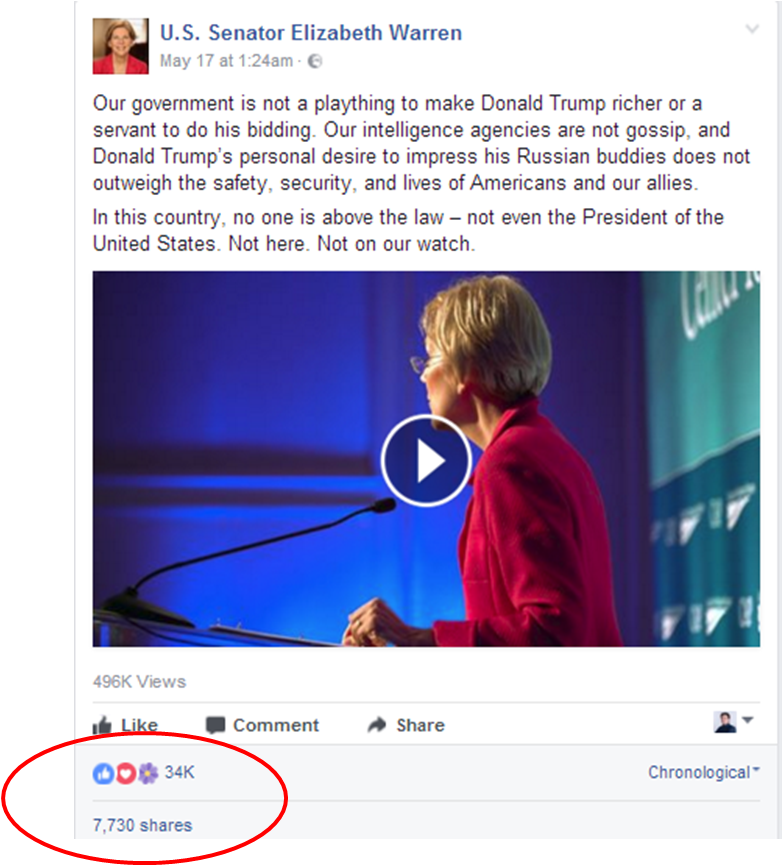
Click here if this motivator applies to your product

Go to top
20. Feeling proud:
The product, or something about it, makes you proud of someone or something (except yourself - that would be "bragging" as described above). Most notably, this happens when you are being proud of you child's accomplishment. But more abstract scenarios, such as being proud of your country can work too.
Click here if this motivator applies to your product

Go to top
21. Feeling nostalgic:
The product, or something about it, makes you feel nostalgia. Typically this happens when you see something from your childhood.

Click here if this motivator applies to your product

Go to top
22. Being (aesthetically) pleased:
The product, or something about it, is so beautiful that you want to share it. This is similar to "wow" in some way, but usually requires a different implementation.
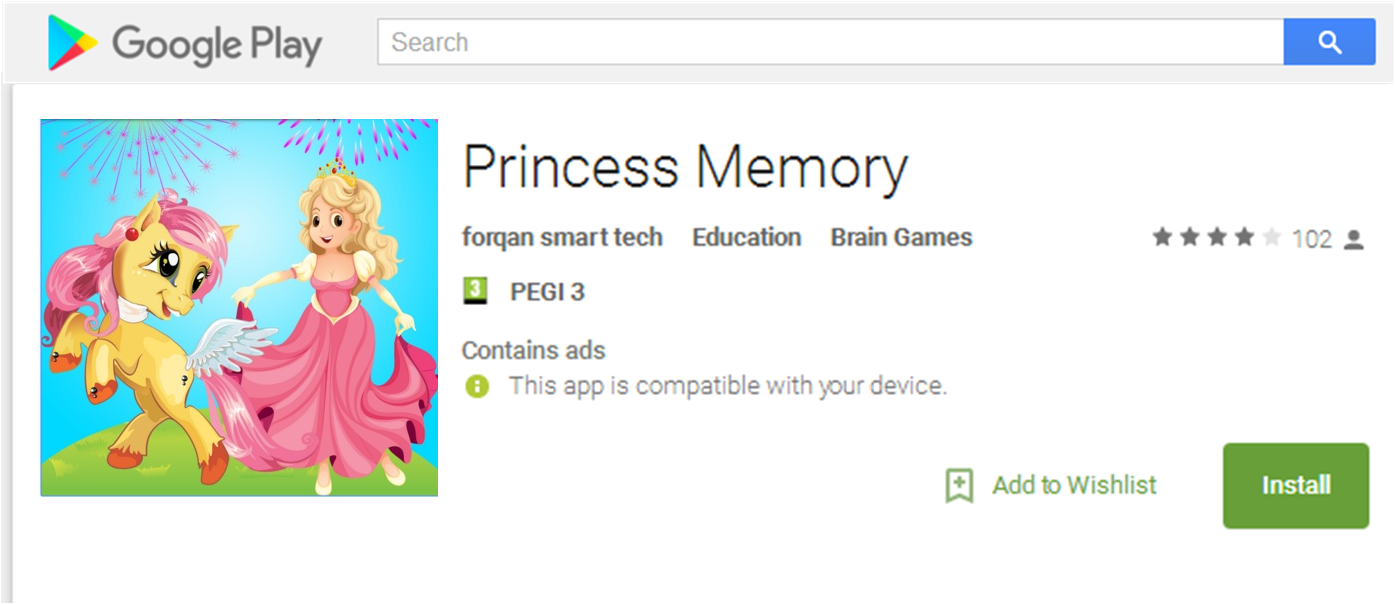
Click here if this motivator applies to your product

Go to top
23. Venting frustration:
An emotional motivator (like the ones above) doesn't have to be based on a "positive" emotion. You can also share a product because it made you angry or indignant, and you simply must tell others about it (some unflatterignly call it "butt-hurting"). The catch is that the product must not be objectively bad, otherwise the criticism will probably make it too unpopular. This mostly works well with controversial products, especially those that have something to do with poilitics.

Click here if this motivator applies to your product

Go to top
24. Gloating:
You share a product (usually a piece of media) out of spite, to frustrate opponents or even to provoke a desirable reaction.

Click here if this motivator applies to your product

Go to top
25. Feeling sad:
The product, or something about it, makes you sad. Now, sadness is a passive emotion and had rarely induced sharing until February 2016, when Facebook introduced a "sad" reaction to posts, which, like all reactions on Facebook, works as sharing, so now sadness can work as a motivator too, albeit a weak one.

Cons:
- Only relevant on Facebook and even there is not very effective
Click here if this motivator applies to your product

Go to top
26. Parasitic sharing with recipients:
You share the product with people you know simply by using the product, often without even realizing that you're sharing it.

Click here if this motivator applies to your product

Go to top
27. Parasitic sharing with bystanders:
You share the product (without meaning to) by exposing it or its promotional material (e.g. logo) in public. This is different from the previous motivator, because here you "share" it with people you don't know and there is a very small chance they will notice the sharing. On the other hand, you "share" it with a lot of people, so it may still work, especially in terms of brand recognition.
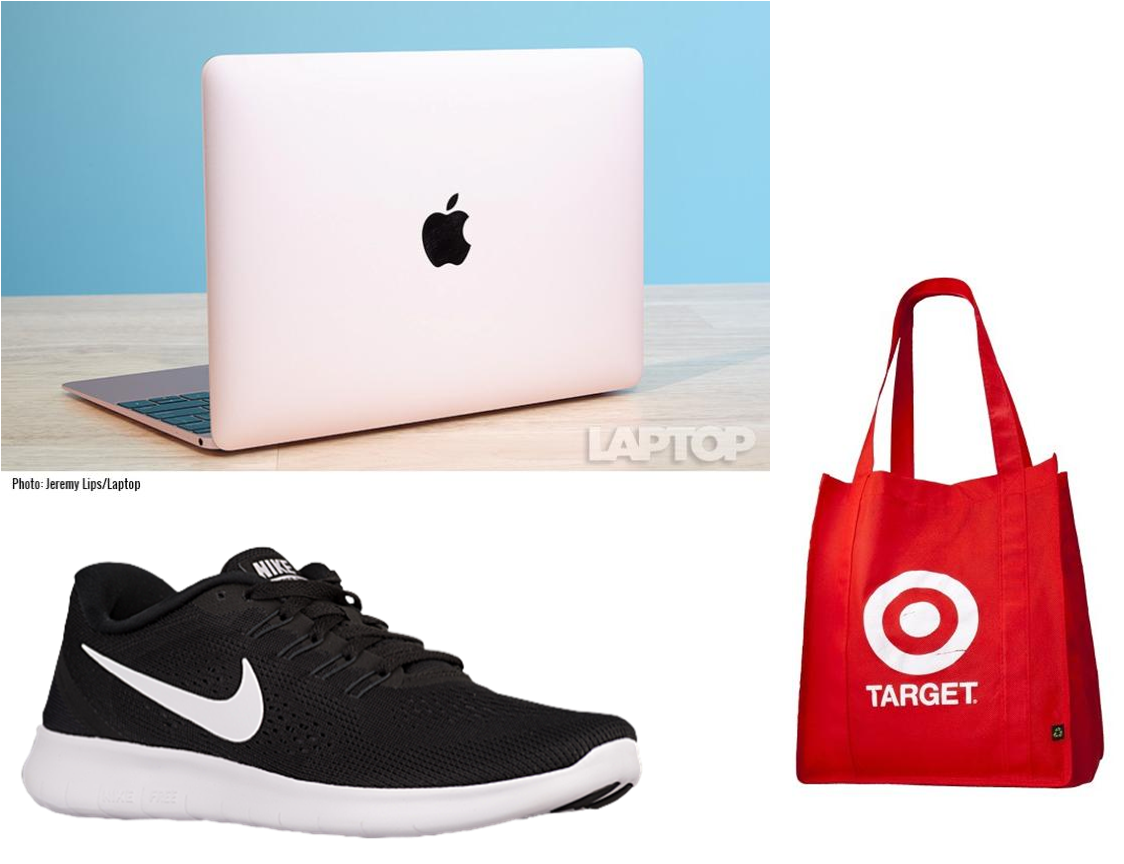
Examples:
 Pokemon Go (playing in public places makes people curious about it)
Pokemon Go (playing in public places makes people curious about it)
Pros:
- With some effort can be applied to almost any product (as a last resort give away free t-shirts with product's logo on them)
Cons:
- May cost money (depends on the implementation)
- not very effective, because most people don't notice the sharing and those who do don't know you enough to trust your endorsement
Click here if this motivator applies to your product

Go to top
28. Breaking artificial barrier:
The product maker requires you to share the product as a pre-condition for using it, even though the product itself could be used without sharing just as well.
Examples:
 Tagged - (almost) can't register without sharing it first
Tagged - (almost) can't register without sharing it first
Pros:
- Suitable for any product
- very easy to implement
Cons:
- Easily turns people off, decreasing conversion rate
Click here if this motivator applies to your product

Go to top
29. Getting goodies in return:
You get some sort of a "bribe" for sharing the product, in a form of points, freebies, bonuses, or even actual cash.

Pros:
- Suitable for any product
- very easy to implement
Cons:
- Relatively expensive
- May not be very effective or good for the image, because many people don't want to appear selfish and greedy.
Click here if this motivator applies to your product

Go to top
Expected sharing rate is: %
What is the sharing rate of your product?
Close


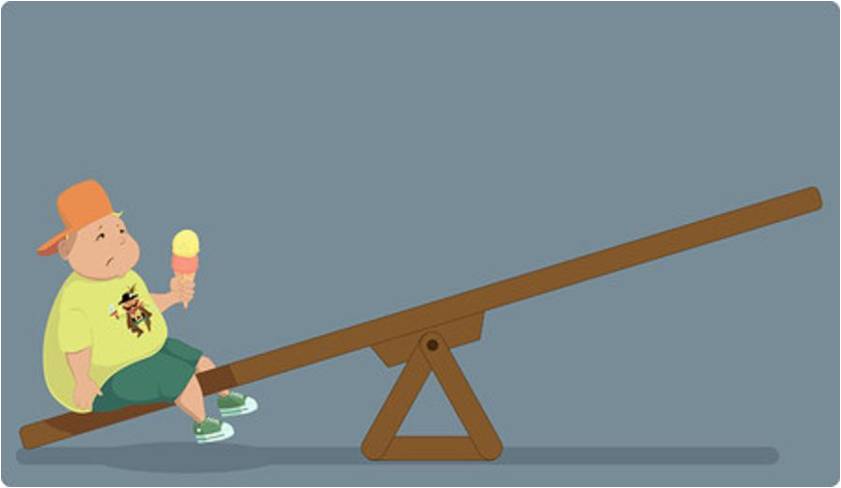
 WhatsApp (and other instant messengers)
WhatsApp (and other instant messengers) Battleship (and other mandatory multi-player games)
Battleship (and other mandatory multi-player games) Google Docs (and other collaboration tools)
Google Docs (and other collaboration tools) Go to top
Go to top
 movie theaters
movie theaters chess, cards, and other optionally multi-player games
chess, cards, and other optionally multi-player games Go to top
Go to top
 Pokemon Go, networking conferences
Pokemon Go, networking conferences Go to top
Go to top Go to top
Go to top Go to top
Go to top
 Facebook (and other social networks)
Facebook (and other social networks) Ancestry.com (the more people use it, the more results you get)
Ancestry.com (the more people use it, the more results you get) Go to top
Go to top
 Go to top
Go to top
 Apple (I swear, I saw a guy boasting about his new iPhone by taking a picture of it with his old iPhone and posting it to Facebook)
Apple (I swear, I saw a guy boasting about his new iPhone by taking a picture of it with his old iPhone and posting it to Facebook) Go to top
Go to top
 Go to top
Go to top
 Go to top
Go to top
 Ice Bucket Challenge
Ice Bucket Challenge Go to top
Go to top Go to top
Go to top Ice Bucket Challenge
Ice Bucket Challenge Go to top
Go to top
 Go to top
Go to top
 Seth Godin's "Purple Cow"
Seth Godin's "Purple Cow" Go to top
Go to top
 Go to top
Go to top
 Go to top
Go to top
 Go to top
Go to top
 Go to top
Go to top Go to top
Go to top
 Go to top
Go to top
 Go to top
Go to top
 Go to top
Go to top
 Go to top
Go to top
 Go to top
Go to top
 Go to top
Go to top
 Pokemon Go (playing in public places makes people curious about it)
Pokemon Go (playing in public places makes people curious about it) Go to top
Go to top Tagged - (almost) can't register without sharing it first
Tagged - (almost) can't register without sharing it first Go to top
Go to top
 Go to top
Go to top

